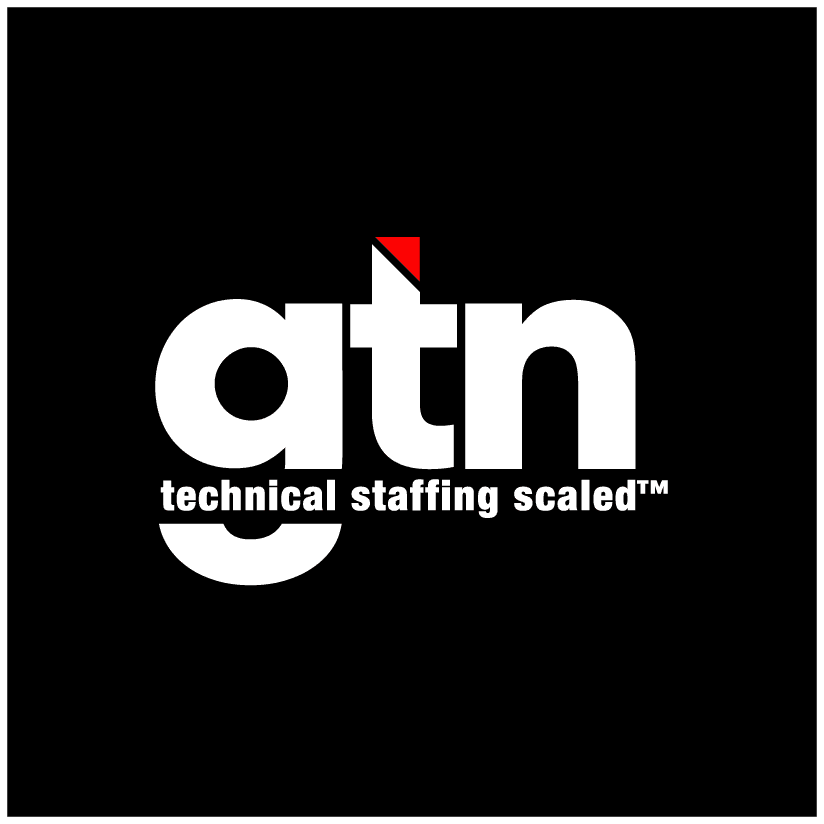Artificial Intelligence (AI) is no longer a futuristic concept; it’s a force reshaping industry, and manufacturing is at the forefront of this evolution. By enhancing efficiency and innovation, AI is redefining product design, production, and delivery. From smart automation to predictive analytics, AI applications are paving the way for a more agile, sustainable, and competitive future in manufacturing.
Smart Automation: Driving Efficiency
One of AI’s most significant impacts on manufacturing is smart automation. AI-powered robots and machines can perform repetitive tasks with unmatched speed and accuracy, reducing errors and increasing productivity. Unlike traditional automation, AI systems learn and adapt over time, optimizing processes without human intervention.
For example, robotic arms equipped with computer vision can inspect products for defects in real time, ensuring consistent quality. Similarly, AI-powered automated guided vehicles (AGVs) navigate factory floors autonomously, streamlining logistics and material handling. This level of efficiency reduces operational costs and shortens production cycles, enabling manufacturers to meet customer demands faster.
By combining AI technologies with smart automation, manufacturers can achieve unprecedented levels of efficiency, flexibility, and scalability, setting the stage for a future where innovation drives growth and sustainability.
Predictive Analytics: Minimizing Downtime
Equipment downtime is one of the costliest challenges in manufacturing. AI-driven predictive analytics is revolutionizing maintenance strategies by identifying potential issues before they lead to breakdowns. Sensors embedded in machinery collect data on performance metrics such as temperature, vibration, and pressure. AI algorithms analyze this data to detect anomalies and predict when maintenance is required.
In addition, AI-powered predictive analytics offers real-time monitoring and alerts, enabling maintenance teams to respond immediately to critical issues. These systems can prioritize repairs based on urgency, preventing minor issues from escalating into major failures. By leveraging historical data, AI also helps manufacturers refine maintenance schedules, reducing unnecessary inspections and optimizing workforce efficiency.
A proactive approach minimizes unplanned downtime, extends equipment lifespan, and reduces maintenance costs. Moreover, manufacturers can allocate resources more effectively, ensuring smoother operations and increased profitability.
Optimized Design and Prototyping
AI is also transforming the design and prototyping phases of manufacturing. Through generative design, AI algorithms analyze parameters such as materials, cost, and performance requirements to generate optimal design solutions. Engineers can explore a broader range of possibilities and create innovative designs faster.
Generative design not only optimizes functionality but also enhances material efficiency, leading to lighter and stronger products. AI systems can simulate multiple design variations, enabling manufacturers to balance strength, weight, and cost-effectiveness. This process fosters innovation by uncovering designs that may not have been considered using traditional methods.
Virtual simulations powered by AI further enhance this process. Manufacturers can test prototypes in digital environments, identifying potential flaws and making adjustments before physical production begins. This approach reduces waste, accelerates time-to-market, and improves overall product quality.
Sustainable Manufacturing Practices
Sustainability is a growing priority for manufacturers, and AI is a key enabler of eco-friendly practices. By analyzing energy consumption patterns, AI can recommend ways to reduce energy usage, lower carbon emissions, and optimize resource allocation. Smart factories equipped with AI-driven systems can monitor and adjust energy usage in real time, minimizing environmental impact while maintaining operational efficiency.
AI also plays a role in waste management. For instance, AI-powered recycling systems can sort and process materials more effectively, contributing to a circular economy. These advancements align with sustainability goals and enhance brand reputation in an increasingly eco-conscious market.
By integrating AI into sustainable manufacturing practices, companies can achieve greener operations, lower costs, and enhance their reputation as environmentally responsible leaders in the industry.
The Competitive Edge
Adopting AI is no longer optional in a rapidly evolving industry—it’s essential. Companies leveraging AI gain a competitive edge by improving productivity, reducing costs, and delivering higher-quality products. As AI technologies continue to advance, the manufacturing landscape will become more agile, allowing businesses to adapt quickly to changing market demands.
In an increasingly digital economy, AI adoption positions manufacturers as leaders in technological innovation, ensuring they remain resilient, responsive, and future-ready.
AI-Savvy Tech Works to Build Your Manufacturing Business
AI is revolutionizing manufacturing processes by enhancing how we work. AI empowers manufacturers to redefine their operations for a more competitive future. For businesses looking to thrive in this new era, the integration of AI is the key to unlocking unprecedented growth and success.
GTN Technical Staffing can help you conquer this brave new world. We are a full-service staffing agency with extensive networks of highly qualified tech workers. Contact us today to find out how we help manufacturers ride the AI wave to greater competitiveness.





